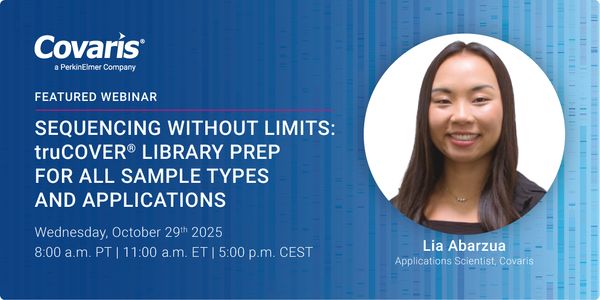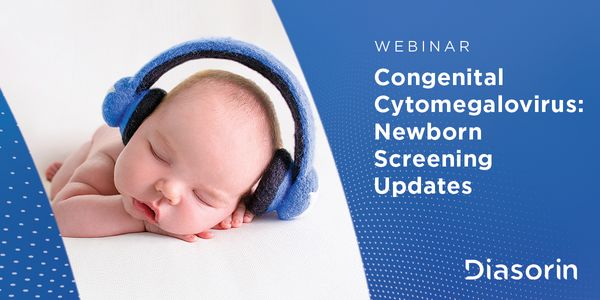Investigator, Howard Hughes Medical Institute, Professor of Biochemistry, Adjunct Professor of Genome Sciences, Physics, Computer Science, Chemical Engineering, and Bioengineering, University
BIOGRAPHY
AUG 22, 2013 11:00 AM PDT
Design of protein structures, functions and assemblies
Presented at:
Genetics and Genomics Virtual Event Series 2013
C.E. Credits:
CE
Speaker
Abstract
I will describe recent advances in computational protein design which allow the generation of new protein structures and functions. I will describe the use of these methods to design ultra-stable idealized proteins, flu neutralizing proteins, high affinity ligand binding proteins, and self assembling protein nanomaterials. I will discuss possible applications to therapeutics, vaccines and diagnostics. I will also describe the contributions of the general public to these efforts through the distributed computing project Rosetta@home and the online protein folding and design game FoldIt.
You May Also Like
OCT 29, 2025 | 8:00 AM
In today’s rapidly evolving landscape of next-generation sequencing (NGS), researchers face mounting pressure to deliver high-quality data from increasingly diverse and challenging sam...
OCT 29, 2025 7:00 AM PT
This presentation explores the scientific rationale, preclinical validation, and early clinical translation of STAR-LLD—a novel, continuous low-dose percutaneous lenalidomide delivery...
OCT 29, 2025 | 9:00 AM
C.E. CREDITS
Congenital cytomegalovirus (cCMV) is the most common infectious cause of birth defects and non-genetic hearing loss in the United States, yet it remains underdiagnosed due to the absence of...
OCT 29, 2025 | 11:00 AM
C.E. CREDITS
This webinar explores the evolving role of MRSA surveillance in healthcare, highlighting how molecular screening methods impact infection prevention and antimicrobial stewardship strategies....
OCT 30, 2025 | 9:00 AM
Aging is associated with progressive white matter degeneration, which impairs brain structure and function. Defects in myelinating glial cells, combined with chronic neuroinflammation, contr...
OCT 30, 2025 | 8:00 AM
Cell-free DNA (cfDNA) has emerged as a powerful biomarker for monitoring allograft health and detecting rejection in solid organ transplantation. Since 2022, the Paris Transplant Group-PITOR...
Loading Comments...
Please update your information
Certificate of Participation
Thank you for choosing Labroots. Please note that a Certificate of Participation does NOT count towards Continuing Education Credits.
DOWNLOAD CERTIFICATE
DOWNLOAD CERTIFICATE
You must watch the entire webinar to receive your certificate of participation.
You must attend the event before receiving your certificate of participation.
You must register for the event first.
Certificate is no longer available for this event.
You must be logged in to retrieve your certificate.






